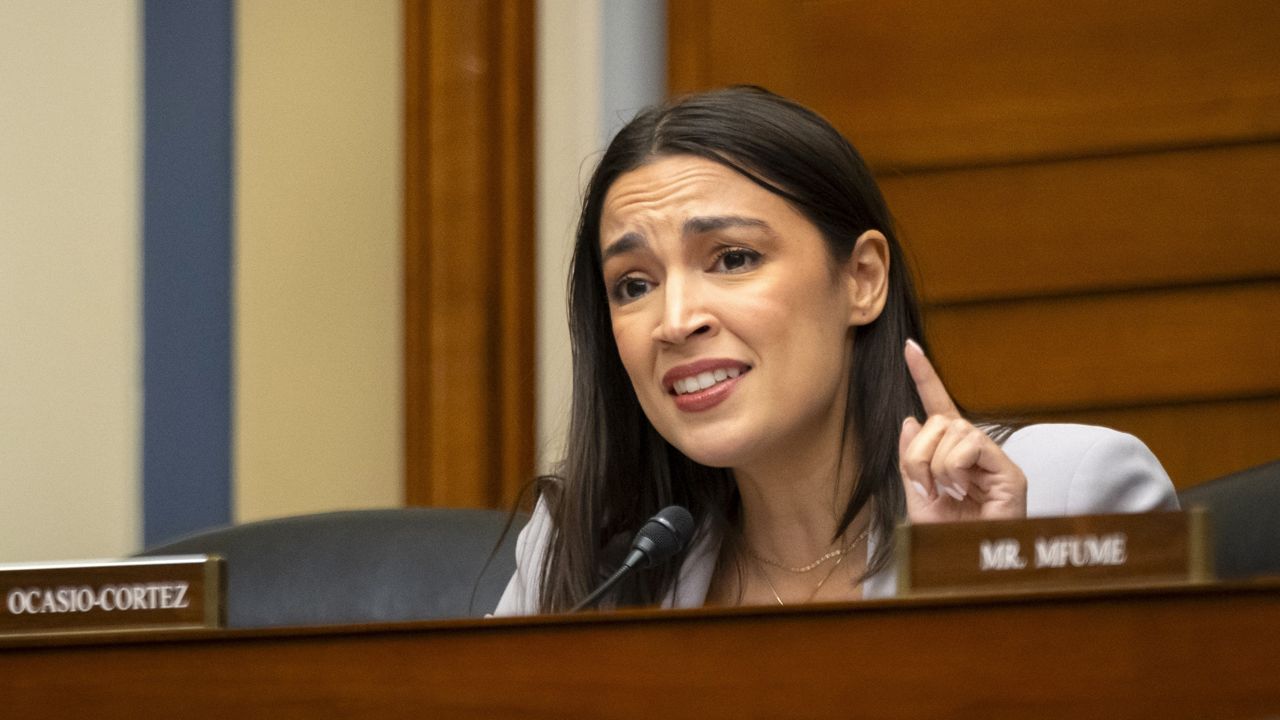His name was not on the ballot, but Tuesday’s election is costing Sen. Chuck Schumer a job he long sought: Senate majority leader.
After a handful of their incumbents failed to win reelection to the Senate, Democrats are poised to lose control of the U.S. Senate starting in January, ending a four-year stint in the majority. The loss will also amount to a demotion for Schumer, who has served as majority leader during that period.
What You Need To Know
- After a handful of their incumbents failed to win reelection to the Senate, Democrats are poised to lose control of the U.S. Senate starting in January
- The loss will also amount to a demotion for Chuck Schumer, who has served as majority leader during that period
- Schumer used his time as majority leader to help usher through sweeping legislation, including major infrastructure, climate investments and a bill to revive America’s semiconductor industry.
The Democratic losses come 50 years after Schumer’s first bid for public office for the New York State Assembly. Those years in Albany launched him on a career path that would eventually land him in the top job in the Senate.
Schumer used his time as majority leader to help usher through sweeping legislation, including major infrastructure, climate investments and a bill to revive America’s semiconductor industry.
But before he got the top job, Schumer spent years in the less influential role of minority leader, a job he is likely to return to now.
Citing Schumer’s previous stint as minority leader, Mike Morey, a former aide to the Brooklyn-born senator, argued that Schumer will still wield influence in Washington going forward — even in the minority.
“He did a pretty successful job as minority leader, holding back some of the gravest excesses of the first Trump administration. He also actually held the line on things like funding for the Gateway Project between New Jersey and New York,” Morey said.
Additionally, Morey pointed to funding Schumer secured for New York during the COVID pandemic and his work to protect Obamacare as other examples of the senator’s impact while in the minority.
A long-standing Senate rule is poised to also guarantee Schumer some influence in the new Congress — provided Republicans do not gut it.
The filibuster mandates 60 votes to advance nearly all legislation. Given the projected slim margins in the Senate, Republicans will not be able to reach that threshold without at least some Democratic buy-in.
“Republicans are going to either have to compromise with Democrats, which is giving Chuck Schumer some leverage in the game, or they're going to have to just message through their legislating,” Casey Burgat, who heads the legislative affairs program at the George Washington University, said.
Looking forward, it may be some time before Senate Democrats can reclaim the majority and Schumer can, theoretically, get back the top job. The Senate seats up for grabs in the 2026 and 2028 election cycles provide the party with limited pickup opportunities.
Asked if he believes Schumer will want to remain in the Senate until he can get the majority leader title again, Morey said, “I think Chuck Schumer is going to want to stick around until he feels comfortable that the country's in good shape, that New York is in good shape.”
On Wednesday, Schumer issued a statement about the election results in the Senate, urging the parties to work together.
“In both the majority and the minority, the only way to get things done in the Senate is through bipartisan legislation while maintaining our principles,” he said. “The next two years will be no different.”











